Transplanted rose turning yellow
bcroselover
9 years ago
Featured Answer
Sort by:Oldest
Comments (6)
michaelg
9 years agoRelated Professionals
Simpsonville Landscape Architects & Landscape Designers · West Milford Landscape Architects & Landscape Designers · Wrentham Landscape Architects & Landscape Designers · New Bedford Landscape Architects & Landscape Designers · Fort Lee Landscape Architects & Landscape Designers · Severn Landscape Architects & Landscape Designers · Paradise Landscape Architects & Landscape Designers · Gainesville Landscape Contractors · Tempe Landscape Contractors · Dixon Landscape Contractors · Los Banos Landscape Contractors · Madera Landscape Contractors · Monterey Landscape Contractors · Pomona Landscape Contractors · University City Landscape Contractorsbcroselover
9 years agobcroselover
9 years agoseil zone 6b MI
9 years agomichaelg
9 years ago
Related Stories
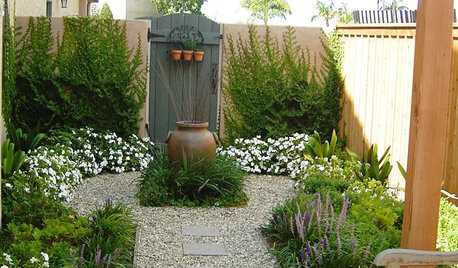
GARDENING GUIDESHow to Turn a Side Yard Into a Glorious Garden Room
With just 8 feet or so, you can turn a plain side yard into a garden that lets you get carried away
Full Story
LIGHTINGGet Turned On to a Lighting Plan
Coordinate your layers of lighting to help each one of your rooms look its best and work well for you
Full Story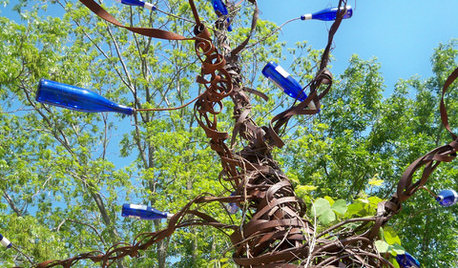
GARDENING AND LANDSCAPINGTurn Household 'Junk' Into Garden Treasures
Don't kick discarded household items to the curb — send them to the garden as planters, art pieces and conversation starters
Full Story
COLORBest Ways to Use the Soft Yellow Color of 2014
You may fall for PPG Pittsburgh Paints’ Turning Oakleaf if you like your hues warm, mellow and cheery
Full Story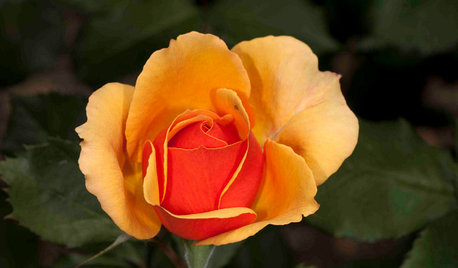
SPRING GARDENING5 Exotic Rose Colors for a Beautifully Different Garden
Give red a rest. Let these daring hues take the spotlight instead for a rose garden that turns heads
Full Story
WINTER GARDENINGPruning Secrets for Exquisite Roses
Encourage gorgeous blooms year after year with this time-tested advice on how to prune your rosebush in winter for health and shape
Full Story
DECORATING GUIDESLighten Up — or Brighten Up — With Yellow
You can use this versatile color to create a buttery backdrop, add a zesty accent or make a bold design statement
Full Story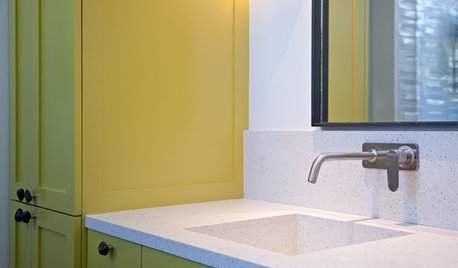
BATHROOM DESIGNRoom of the Day: Hello, Yellow!
Color-loving clients choose a sunny hue for their new bathroom
Full Story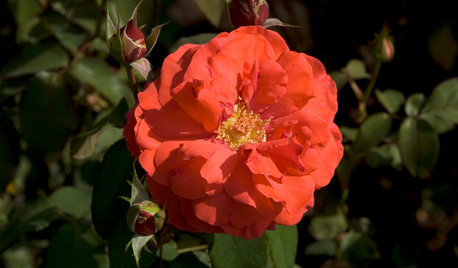
GARDENING GUIDES6 Captivating Roses for an Alluringly Fragrant Garden
Perfume your garden with aromas from richly spicy to lightly sweet, without sacrificing an inch of color
Full StoryMore Discussions








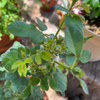
michaelg